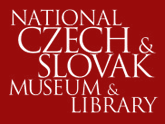On January 1, 2013 the NCSML assumed control of the governance and administration of the Council of Higher Education (CHE).
Located in Chicago, the CHE is a 110 year-old not-for-profit organization the purpose of which is to promote Czech, Slovak, and Ruthenian heritage and culture through the encouragement and support of higher education in the United States and Canada. Currently the CHE grants scholarships to United States and Canadian students of that ancestry on the basis of need and academic achievement.
Under the terms of the agreement, the NCSML will establish a named endowment with the CHE assets of $2.7 million to fund diverse educational programs whose purposes are to increase knowledge and continue the legacy of Czech, Slovak and Ruthenian heritage and culture. The educational programs may include activities for adults, scholars, higher education students, children, and students in grades K – 12, to ensure that future generations will be educated in the history, culture and contributions of Czechs and Slovaks. Activities may include such things as conferences, lectures, forums, curricula, visiting scholars and cultural events, to reach a broad audience and to allow for adjusting the activities to meet the needs of a changing society.
“The CHE Board of Directors decided to broaden the reach of our mission and found a partner in the National Czech & Slovak Museum & Library,” said George Drost, CHE president and Chicago attorney. “We identified the NCSML as a vibrant organization that has the capacity to continue to support Czech, Slovak, and Ruthenian culture through its education programs. The CHE board visited the NCSML campus, and we were fully and duly impressed. As stewards of this endowment, we could imagine no better organization to take on this responsibility.”
While the NCSML offers substantial educational programming, this agreement provides a steady source of income to support and increase those efforts. “This is a transformative agreement,” said Gail Naughton, NCSML’s president and CEO. “We now have an endowed fund that is dedicated to educational programming. The interest from the fund will enable us to provide even more robust educational offerings.”
The NCSML’s revival from the 2008 flood put the organization in a position to be a strong partner of CHE to continue its mission. According to Drost, the challenges faced by the CHE in recent years are not unique to the organization.
“There are many other Slovak and Czech organizations facing changing societal trends that are looking for new ways to successfully fulfill their missions,” Drost said. “We believe this is the right solution for us. Other organizations may well seek similar arrangements as their situations warrant. We couldn’t be more pleased with the arrangement with the NCSML, an organization entering a new and exciting phase in its history.”
Under the auspices of the NCSML, the Council of Higher Education Endowment Fund will fulfill all of its pre-existing scholarship commitments. Starting in 2014, it will be used to fund educational programs that serve people of all ages and that increase knowledge and continue the legacy of Czech, Slovak, and Ruthenian heritage and culture.
NCSML and CHE both have roots in Cedar Rapids
In 1901, Cedar Rapids businessman W.F. Severa attended a high school graduation in that city and was impressed by the intelligence and presence of the valedictorian, who was also a Czech-American. Severa was dismayed when he learned that the young man was to become a manual laborer because he could not afford to attend college. Severa agreed to finance his education. The young man, Efrem Hrbek, refused what he considered to be charity, but accepted an interest-free loan. Hrbek became the first recipient of a CHE award and eventually received his Ph.D. from the University of Iowa and became a professor of Czech language and literature at the University of Nebraska.
Within one year of its founding in 1902, the CHE had 155 members, received $1,452.39 in donations, and made loans ranging from $25 to $200. The first president of the Board of Trustees, Professor Bohumil Simek of the University of Iowa, undertook a series of nationwide lectures and wrote articles promulgating the value of education to the Czech-American community. The community responded eagerly to his appeals for contributions and support.
In 1995, the CHE suspended its loan program in favor of awarding renewable scholarships to students who plan to continue in undergraduate and graduate programs via full-time study at accredited institutions.
The CHE was instrumental in establishing the teaching of the Czech/Slovak languages at several universities including Nebraska in 1907, Iowa in 1912, Texas in 1915, and in the 1920s at Columbia, Creighton, and St. Procopius, now Benedictine University, as well as several high schools, notably Harrison and Morton, in the Chicago area. It contributed toward the establishment of what was to be a Chair of Czech and Slovak Studies at the University of Chicago in 1961. Also, the CHE promoted a broader educational program of enlightening Americans of Czech, Slovak, and Ruthenian descent through lectures, publications, and mobile libraries.
Categories
- Activities (7)
- Advocacy (6)
- BrewNost (4)
- Current Events (12)
- Education (16)
- Exhibit News (11)
- From Our Museum Staff (98)
- Heritage Garden (10)
- History (13)
- Lesson Plans (1)
- Library (3)
- News (92)
- Oral Histories (1)
- Social (47)
- Store (4)
- Uncategorized (75)
- wedding (2)
Archives
- April 2024
- February 2024
- November 2023
- July 2023
- June 2023
- January 2023
- October 2022
- June 2022
- March 2022
- January 2022
- November 2021
- June 2021
- March 2021
- February 2021
- November 2020
- October 2020
- September 2020
- August 2020
- July 2020
- June 2020
- May 2020
- April 2020
- March 2020
- February 2020
- January 2020
- November 2019
- October 2019
- September 2019
- August 2019
- July 2019
- June 2019
- May 2019
- April 2019
- March 2019
- February 2019
- January 2019
- December 2018
- November 2018
- October 2018
- September 2018
- August 2018
- July 2018
- June 2018
- May 2018
- April 2018
- March 2018
- February 2018
- January 2018
- November 2017
- October 2017
- September 2017
- August 2017
- July 2017
- June 2017
- May 2017
- April 2017
- March 2017
- February 2017
- January 2017
- December 2016
- November 2016
- October 2016
- September 2016
- August 2016
- July 2016
- June 2016
- May 2016
- April 2016
- March 2016
- December 2015
- November 2015
- September 2015
- August 2015
- July 2015
- March 2015
- February 2015
- January 2015

